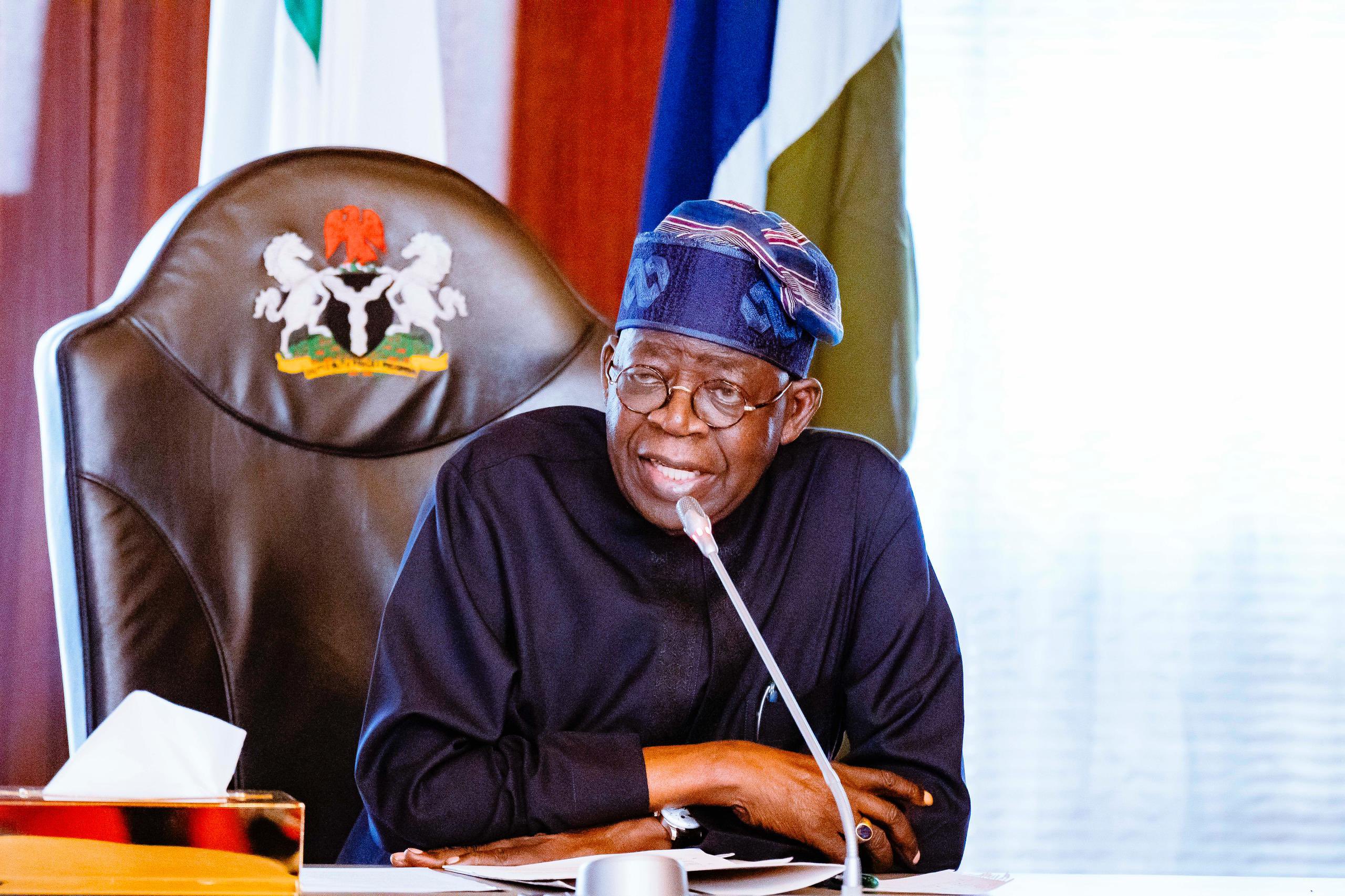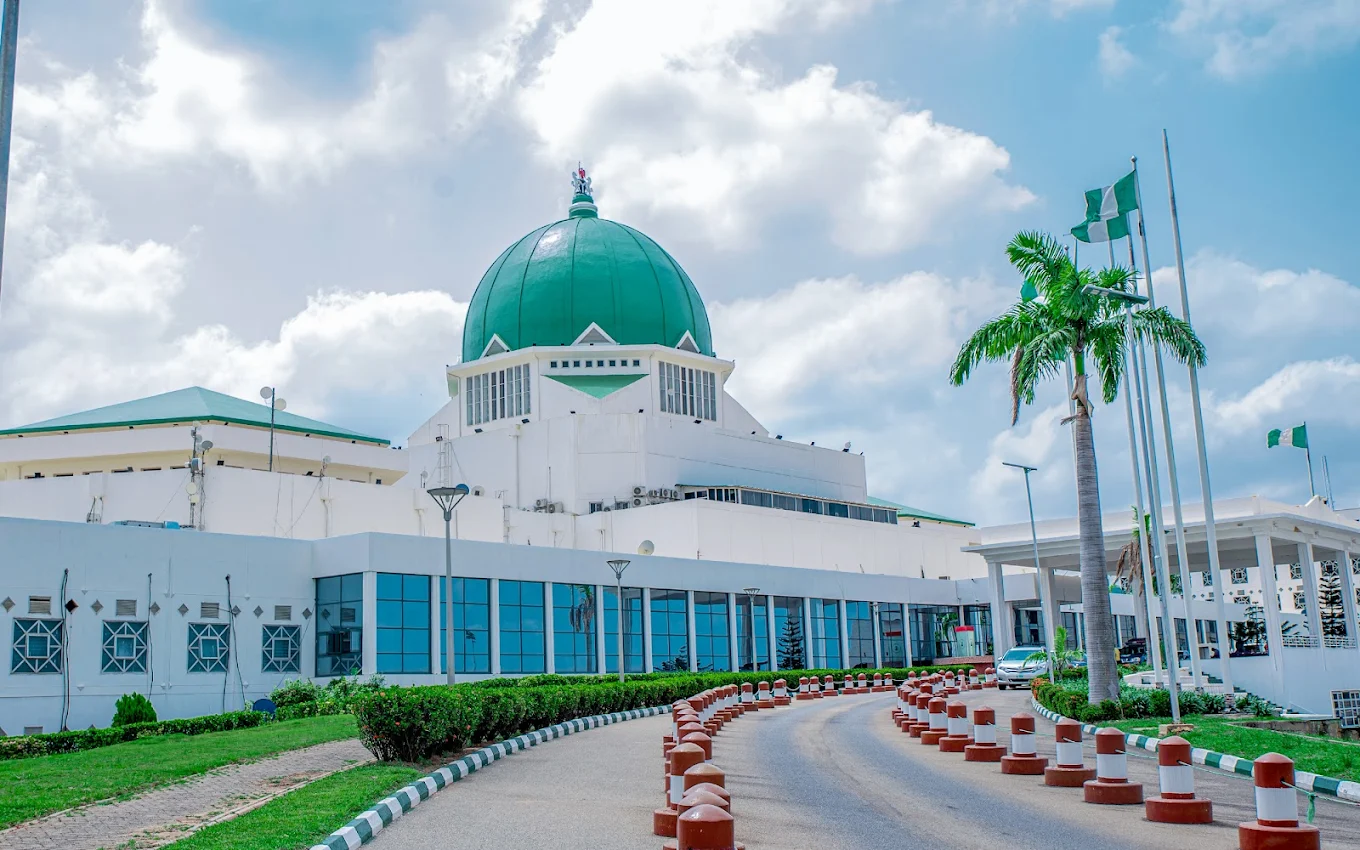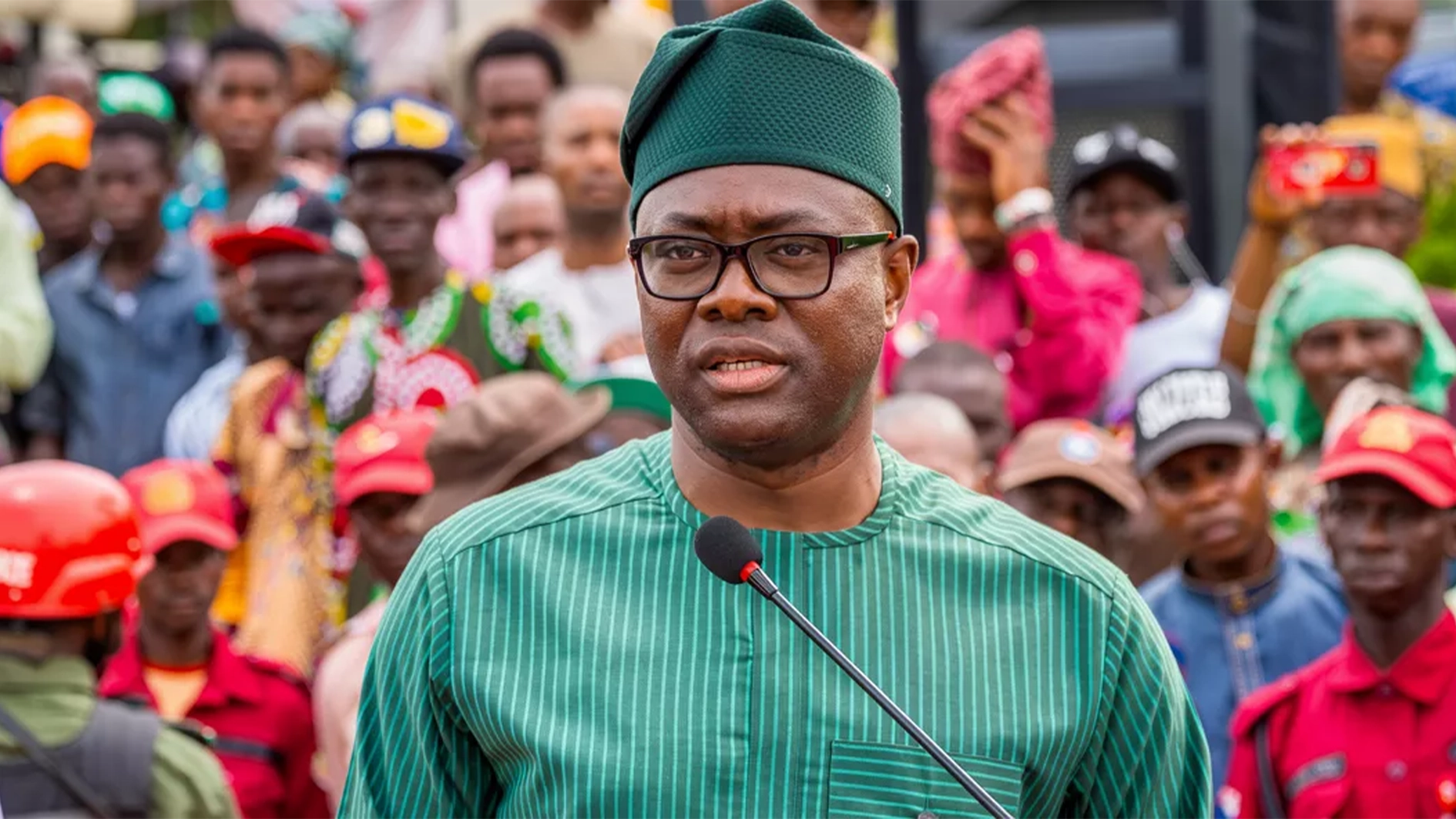Chairman of United Nigeria Airlines, Prof. Obiora Okonkwo, has expressed deep concern over Nigeria’s heavy aviation tax structure, describing the country as “one of the most over-taxed aviation jurisdictions in Africa.”
This is as the airline has unveiled an aircraft named after the late Ghanaian President, Jerry Rawlings, for its inaugural flight to Accra, Ghana.
The direct commercial flights on the Lagos–Accra and Abuja–Accra routes would commence today.
Okonkwo, in a statement by the spokesman for the United Nigeria Airlines, Chibuike Uloka, yesterday, noted that while Ghana’s passenger service charge at international terminals was $60, Nigeria’s stood at $100.
According to him, on a Lagos–Accra return ticket, taxes alone could exceed $116 before other surcharges, creating high fares that passengers regularly complain about.
United Nigeria also explained that the naming of the aircraft after Rawlings was in recognition of the late Ghanaian president’s Pan-African ideals and influence on regional integration.
Okonkwo, at the weekend, led a mock departure and arrival inspection exercise at the Nnamdi Azikiwe International Airport (NAIA), Abuja and said the new routes signalled UNA’s transition from a domestic operator into a stronger West African player.
He also confirmed that members of the Rawlings family would attend the formal unveiling ceremony in Accra.
Meanwhile, an Aviation expert, Capt. Samuel Caulcrick, has renewed the call for the establishment of a dedicated Aviation Development Bank (ADB) to rescue Nigerian airlines from dying.
Caulcrick, in an interview with The Guardian over the weekend in Lagos, said the proposed institution could be the game-changer Nigerian airlines desperately needed to remain in business and compete globally.
Caulcrick argued that the creation of an ADB would provide specialised, long-term, low-cost funding needed to support aircraft acquisition, fleet modernisation, and route development.
He noted that no commercial bank in Nigeria had the structure or capital depth to fund aviation at sustainable rates.
Caulcrick maintained that access to affordable capital remained the most decisive factor in the survival of local airlines, stressing that operators currently face some of the highest borrowing costs in the world due to tough monetary conditions and currency instability.






